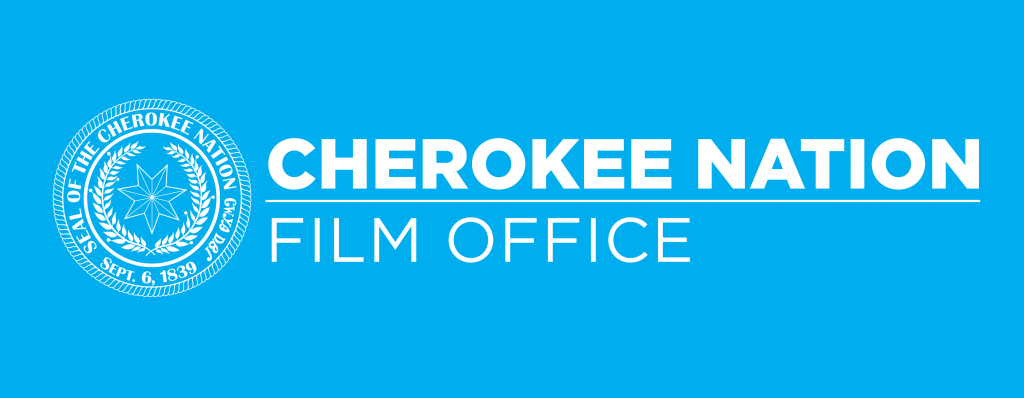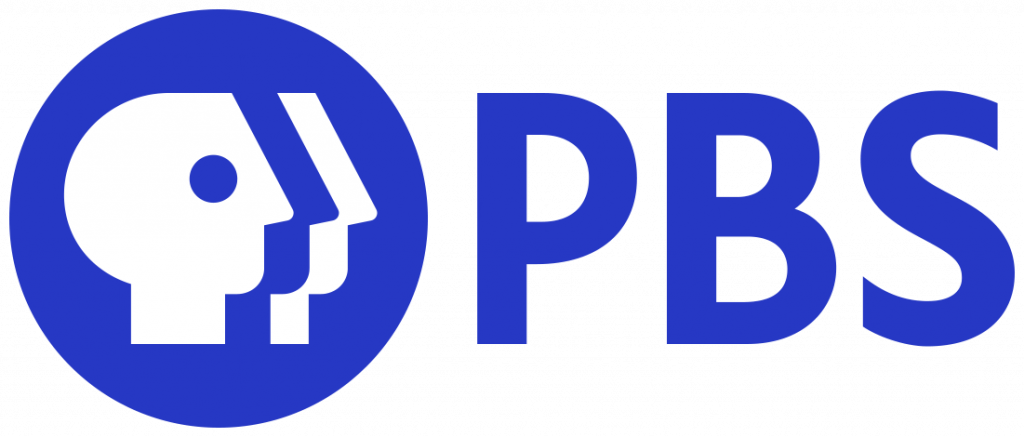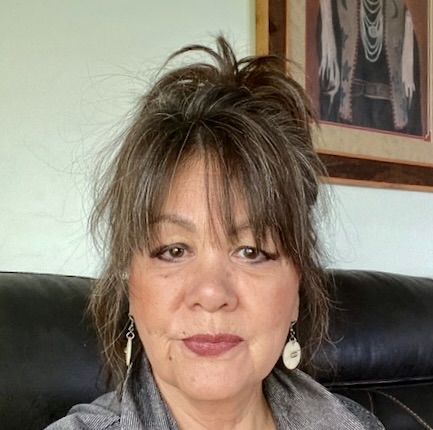Indigenous Peoples' Day 2021
The Life of
N. Scott MOmaday
Storytelling and #IndigenousSovereignty
From our Leadership
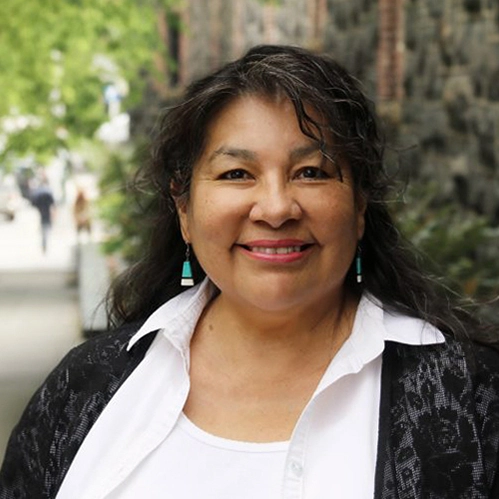
Francene Blythe
For those who do not know or maybe do not realize, the second Tuesday of every October is changing from Columbus Day to Indigenous Peoples’ Day in the U.S. Indigenous Peoples’ Day is a declaration of the rights of Indigenous Peoples. The recognition serves as a celebrated day of Indigenous histories and cultures. Since 1992, this has been a slow movement of change state by state and, sometimes, if the state does not recognize Indigenous Peoples’ Day, then individual municipalities will officially make the change. Why is this change happening and what does it mean?
For Native peoples in the U.S. and now internationally, recognizing the original inhabitants of a culture that existed for millennia before colonial contact is crucial and essential for our world to heal from the devastation and destruction that colonization caused, which is still currently happening today in various places around the world.
At Vision Maker Media, we are a part of a movement for Native narrative change. As part of the Native narrative change, we continue to welcome everyone. We regularly treat each other equally. We respect our elders. We acknowledge our ancestors and the land on which they once steward. We gather in a community spirit of cultural healing, restoration, memory and perseverance for the next generations to revitalize, engage and continue. The films this month that we are streaming embrace all of these concepts through the life and times of N. Scott Momaday.
Together, let’s celebrate Indigenous Peoples’ Day by watching films by and about Indigenous people, acknowledging the land—on which you live, work or enjoy—by thanking the Indigenous stewards of generations past who kept the place for us, and learning one thing about the Native, Indigenous, Aboriginal community nearest you. Mitákuye Oyásʼiŋ (a Lakota concept and a Native women owned art gallery).
From our Executive Director

Francene Blythe
For those who do not know or maybe do not realize, the second Tuesday of every October is changing from Columbus Day to Indigenous Peoples’ Day in the U.S. Indigenous Peoples’ Day is a declaration of the rights of Indigenous Peoples. The recognition serves as a celebrated day of Indigenous histories and cultures. Since 1992, this has been a slow movement of change state by state and, sometimes, if the state does not recognize Indigenous Peoples’ Day, then individual municipalities will officially make the change. Why is this change happening and what does it mean?
For Native peoples in the U.S. and now internationally, recognizing the original inhabitants of a culture that existed for millennia before colonial contact is crucial and essential for our world to heal from the devastation and destruction that colonization caused, which is still currently happening today in various places around the world.
At Vision Maker Media, we are a part of a movement for Native narrative change. As part of the Native narrative change, we continue to welcome everyone. We regularly treat each other equally. We respect our elders. We acknowledge our ancestors and the land on which they once steward. We gather in a community spirit of cultural healing, restoration, memory and perseverance for the next generations to revitalize, engage and continue. The films this month that we are streaming embrace all of these concepts through the life and times of N. Scott Momaday.
Together, let’s celebrate Indigenous Peoples’ Day by watching films by and about Indigenous people, acknowledging the land—on which you live, work or enjoy—by thanking the Indigenous stewards of generations past who kept the place for us, and learning one thing about the Native, Indigenous, Aboriginal community nearest you. Mitákuye Oyásʼiŋ (a Lakota concept and a Native women owned art gallery).
Alaska
Arizona
California
District of Columbia
Hawaii
Iowa
Louisiana
Maine
New Mexico
Michigan
Minnesota
Nebraska
North Carolina
Oregon
South Dakota
Vermont
Virginia
Wisconsin
PBS Chief Programming Executive and General Manager,
General Audience Programming,
Sylvia Bugg
Thank you to these states who have made the change from Columbus Day to Indigenous Peoples’ Day in the U.S.:
Alaska
Arizona
California
District of Columbia
Hawaii
Iowa
Louisiana
Maine
New Mexico
Michigan
Minnesota
Nebraska
North Carolina
Oregon
South Dakota
Vermont
Virginia
Wisconsin
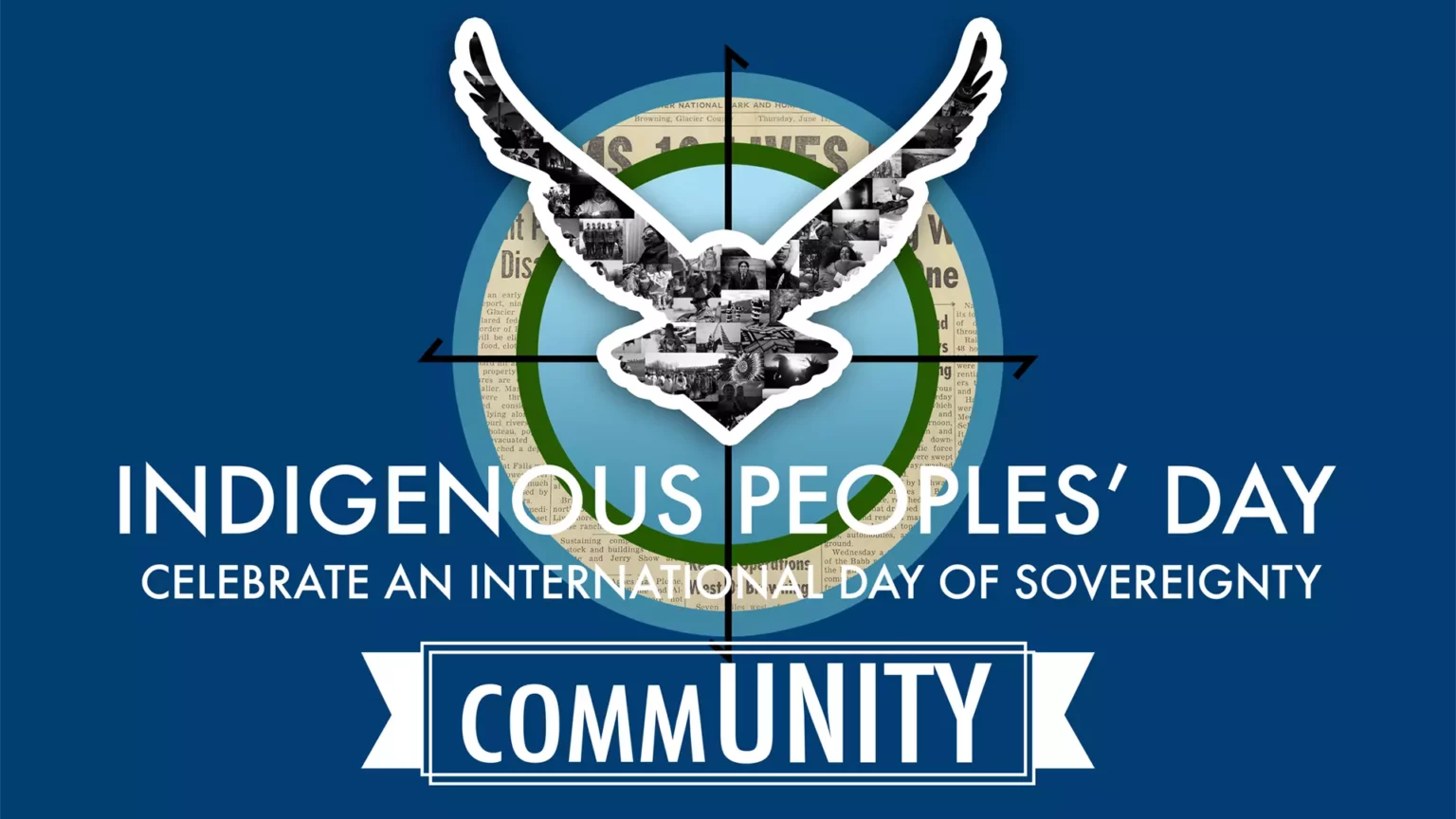
October 6 - 13
Featured Films
Words from a Bear
Words from a Bear examines the enigmatic life and mind of Pulitzer Prize-winning writer Navarro Scott Momaday, one of Native America’s most celebrated authors of poetry and prose.
The film visually captures the essence of Momaday’s writings, relating each written line to his unique American experience representing ancestry, place, and oral history. It takes audiences on a spiritual journey through the expansive landscapes of the West when Momaday’s Kiowa ancestors roamed the Great Plains with herds of buffalo, to the sand-painted valleys of Jemez Pueblo, New Mexico, where his imagination ripened and he showed superior writing skills as a young mission student.
Words from a Bear examines the enigmatic life and mind of Pulitzer Prize-winning writer Navarro Scott Momaday, one of Native America’s most celebrated authors of poetry and prose.
The film visually captures the essence of Momaday’s writings, relating each written line to his unique American experience representing ancestry, place, and oral history. It takes audiences on a spiritual journey through the expansive landscapes of the West when Momaday’s Kiowa ancestors roamed the Great Plains with herds of buffalo, to the sand-painted valleys of Jemez Pueblo, New Mexico, where his imagination ripened and he showed superior writing skills as a young mission student.
Auto-generated subtitles available.
Return to Rainy Mountain
Return to Rainy Mountain tells the story of N. Scott Momaday. It is a personal account of his life and legacy told in his own voice, and in the voice of his daughter Jill as they retrace the migratory route of the Kiowa people Momaday traveled early in his career, as he was gathering research for his book, The Way to Rainy Mountain.
Momaday speaks of his Kiowa roots, family, literature, oral tradition, nature, identity, and the sacred and important things that have shaped his life. The film features selected excerpts from Momaday’s books and collections, interviews and conversations with family, friends, colleagues, and scholars.
Return to Rainy Mountain tells the story of N. Scott Momaday. It is a personal account of his life and legacy told in his own voice, and in the voice of his daughter Jill as they retrace the migratory route of the Kiowa people Momaday traveled early in his career, as he was gathering research for his book, The Way to Rainy Mountain.
Momaday speaks of his Kiowa roots, family, literature, oral tradition, nature, identity, and the sacred and important things that have shaped his life. The film features selected excerpts from Momaday’s books and collections, interviews and conversations with family, friends, colleagues, and scholars.
Filmmaker subtitles available.
Sign up for our Newsletter
VMM news and events, all in one place.
Help us keep these events free!
Sign up for our Newsletter
VMM news and events, all in one place.
Help us keep these events free!

